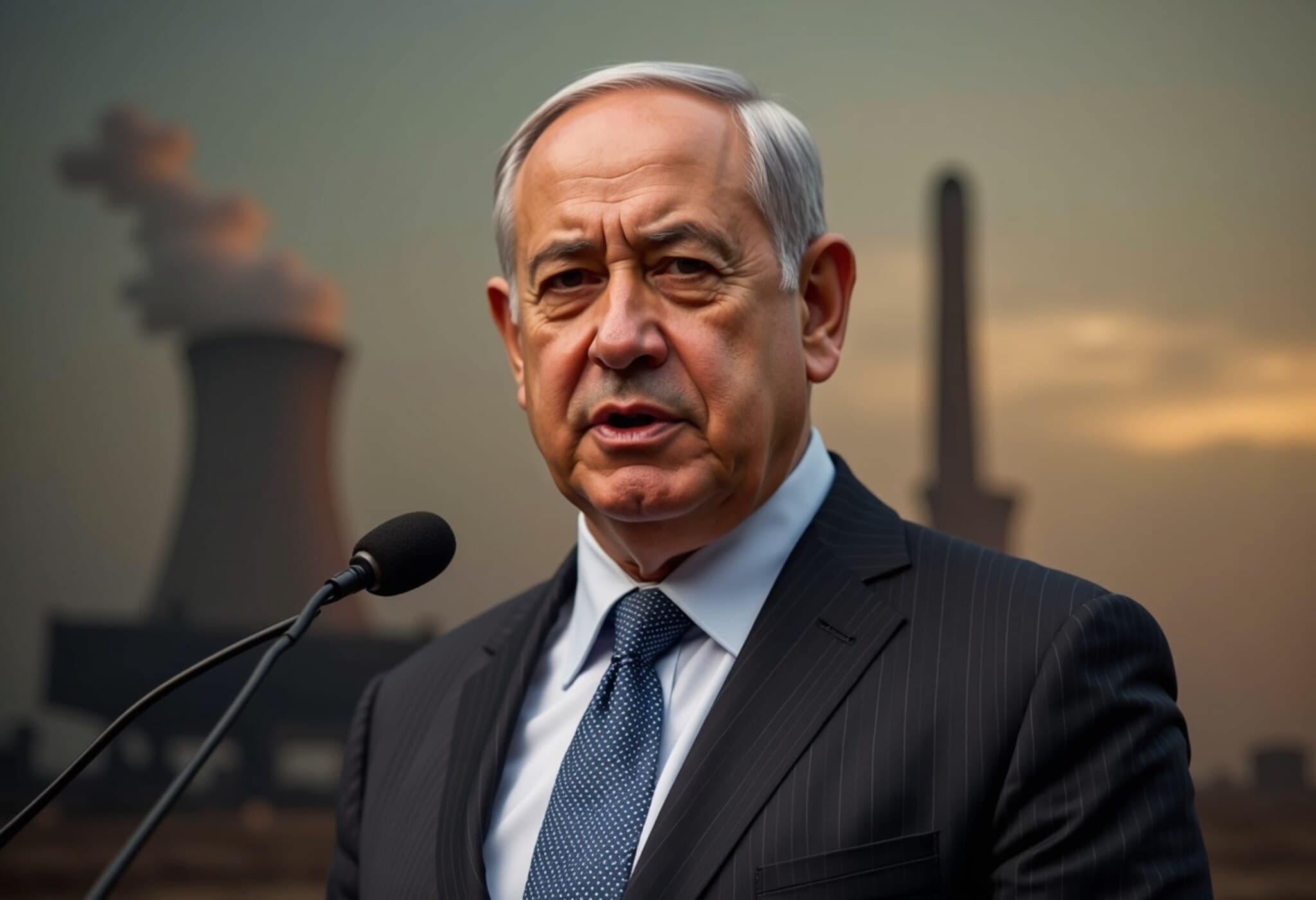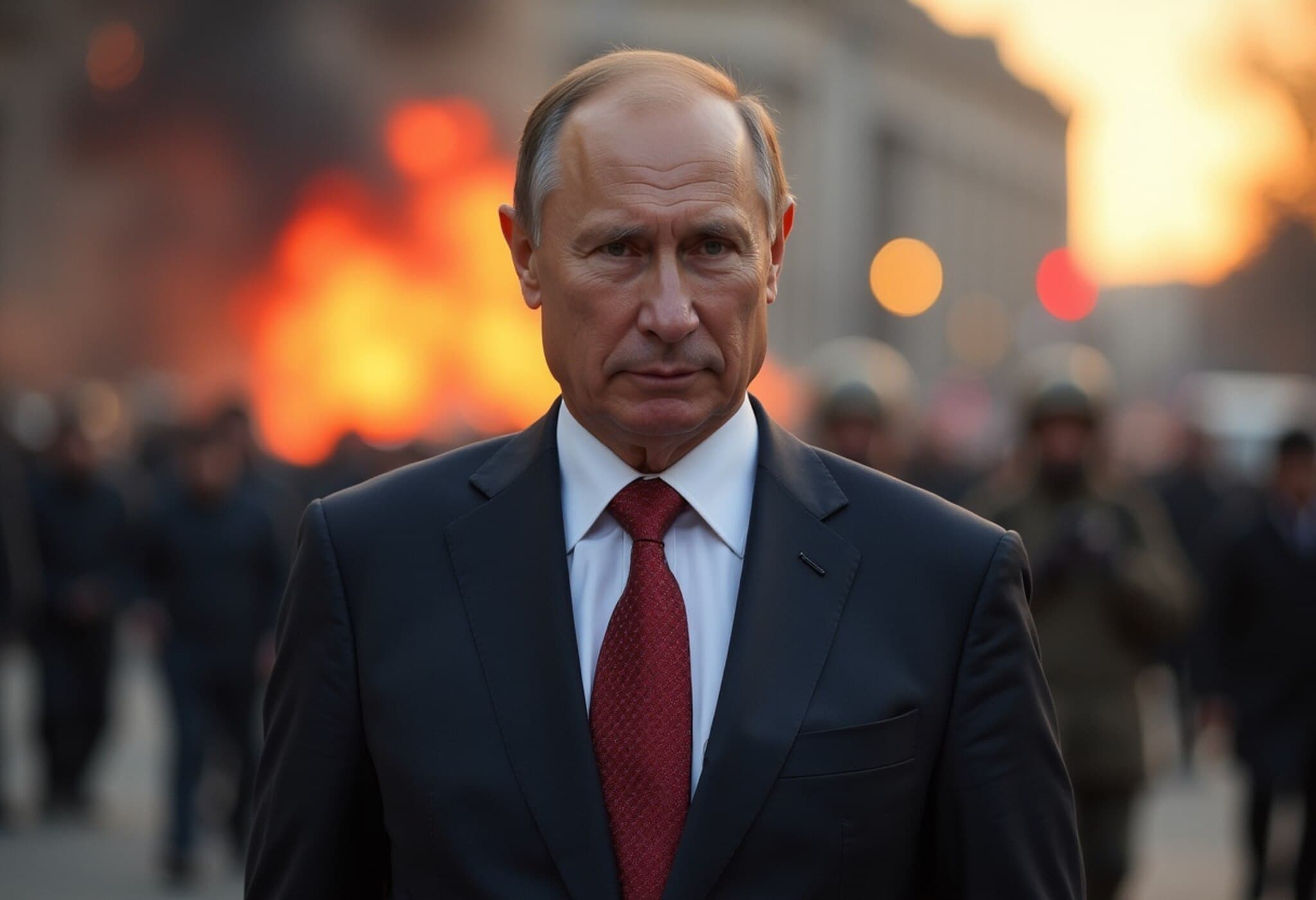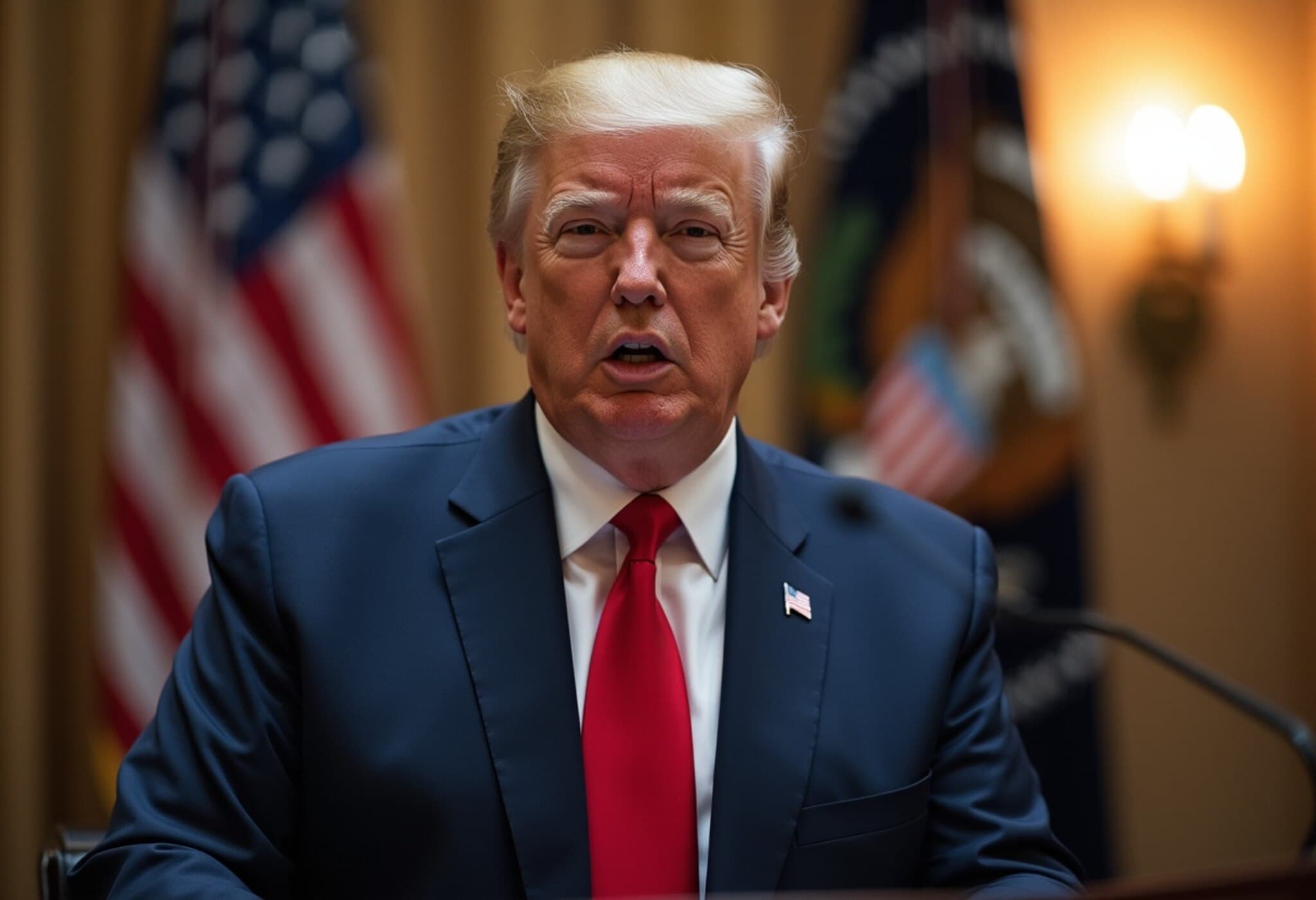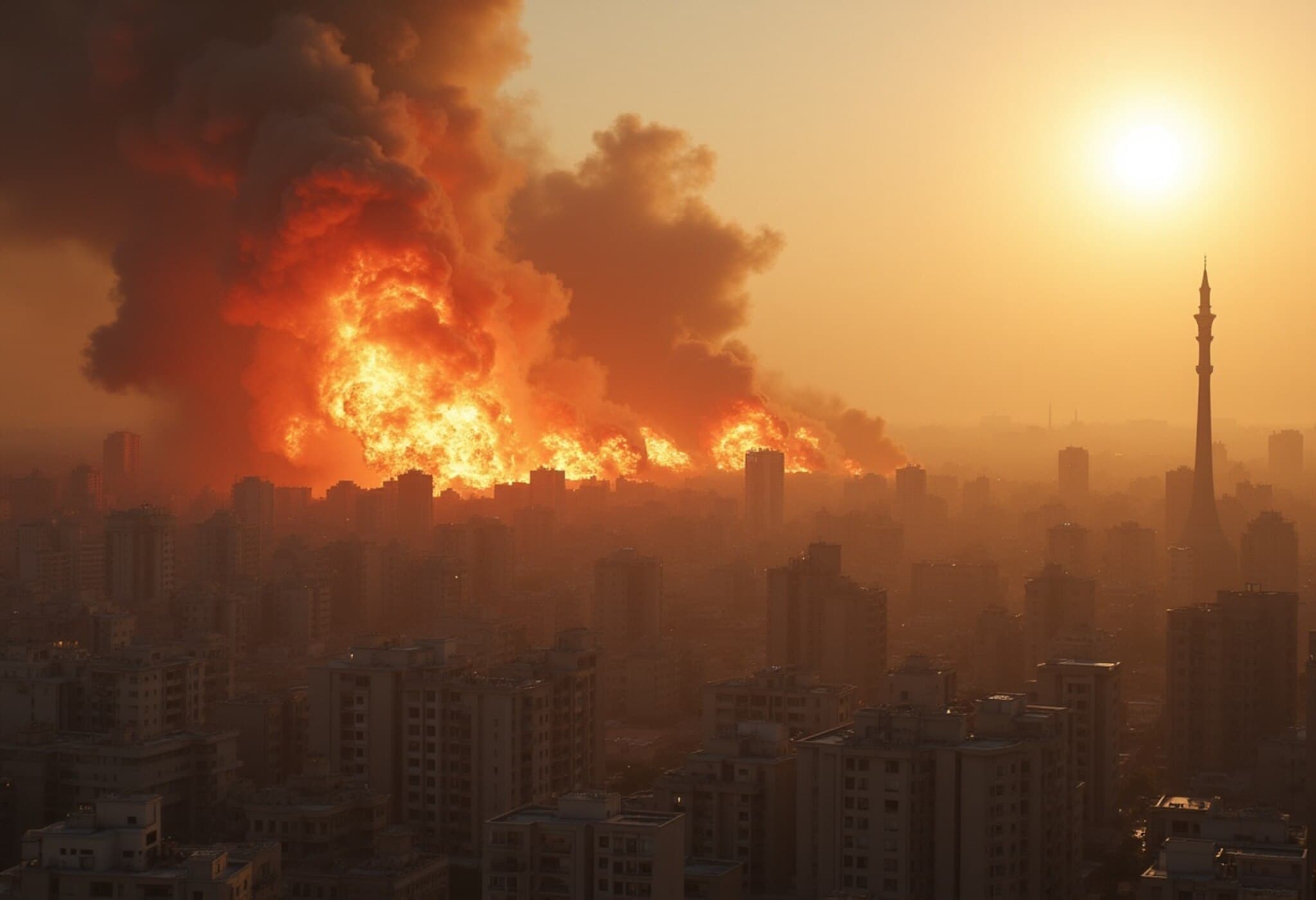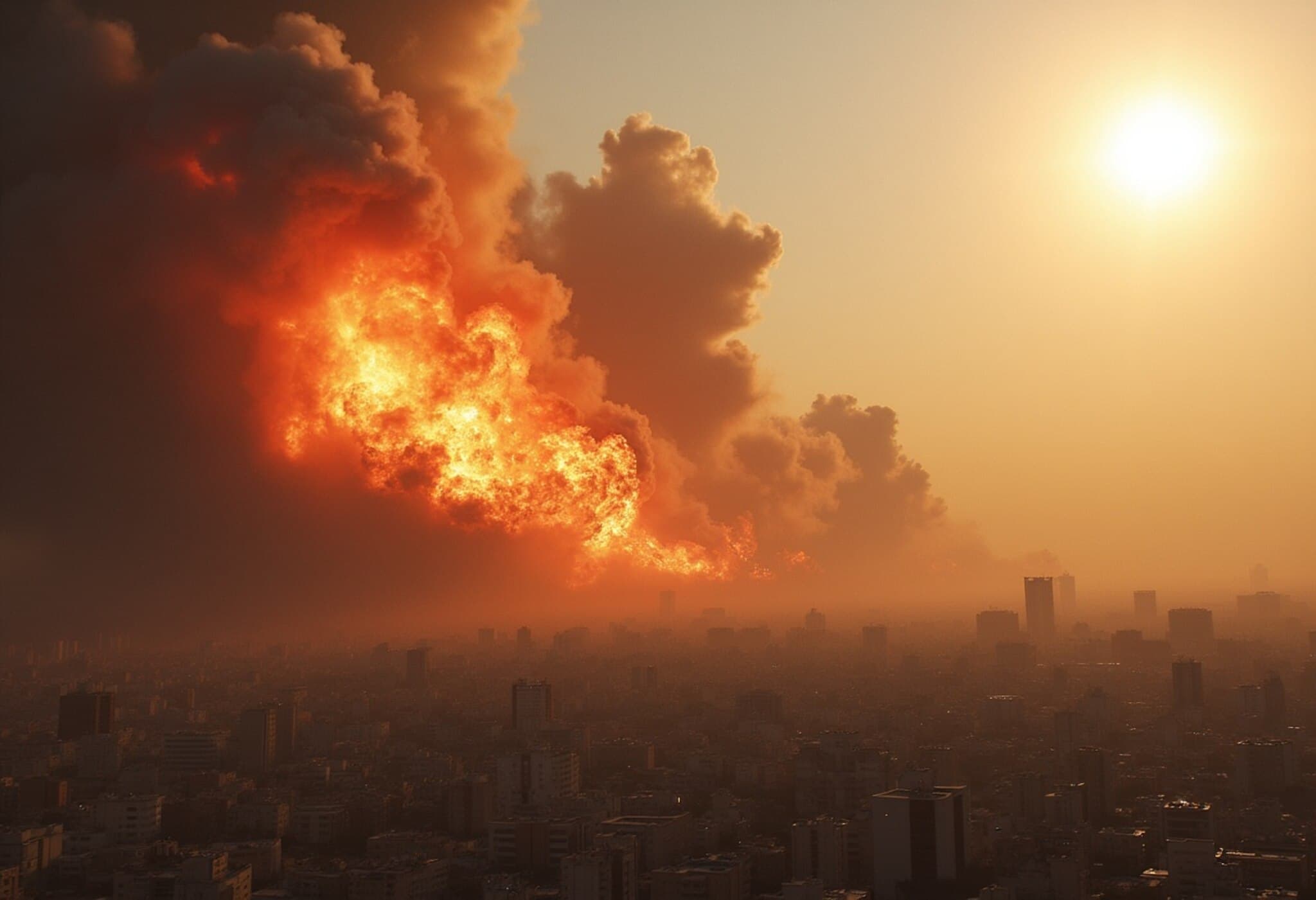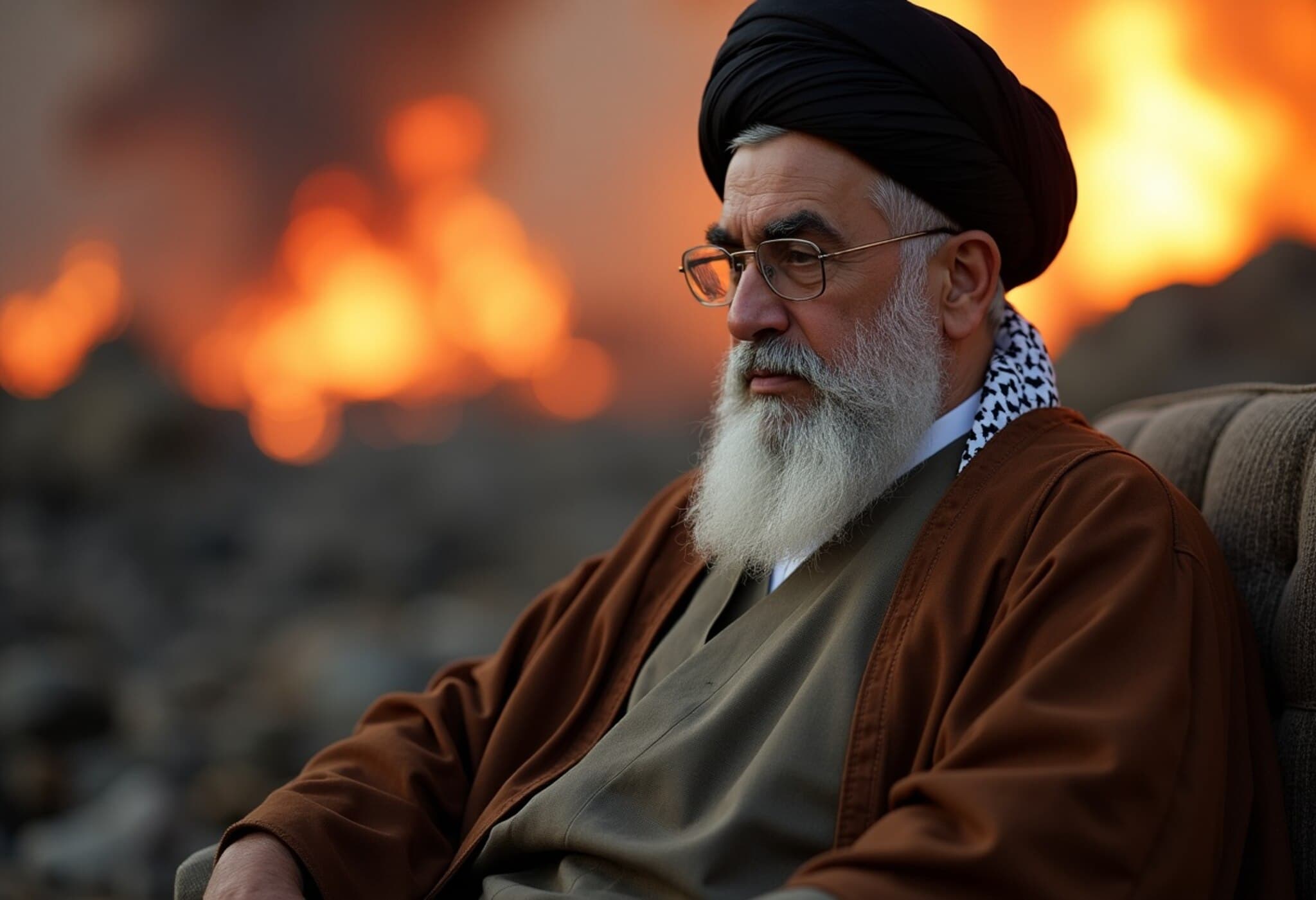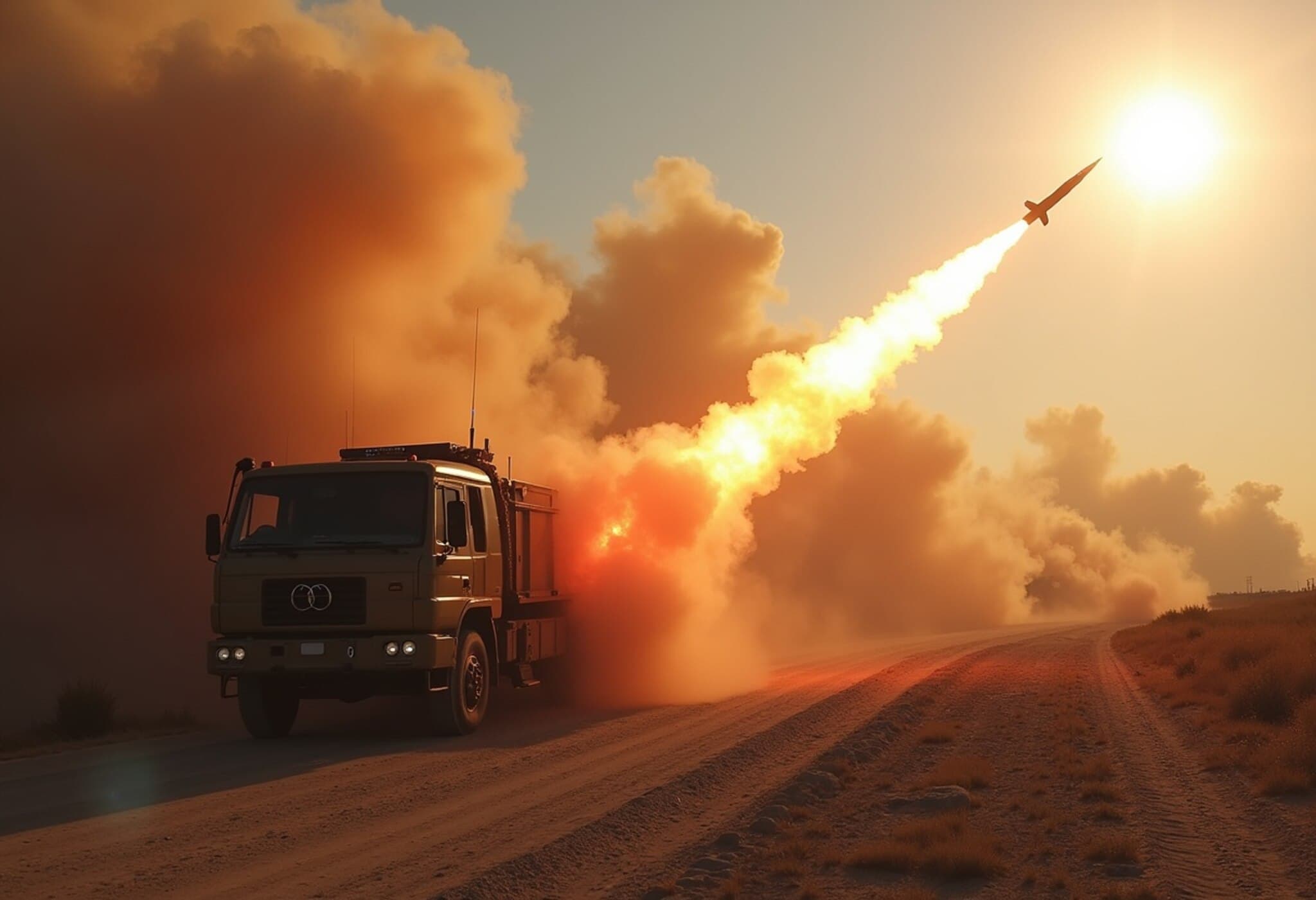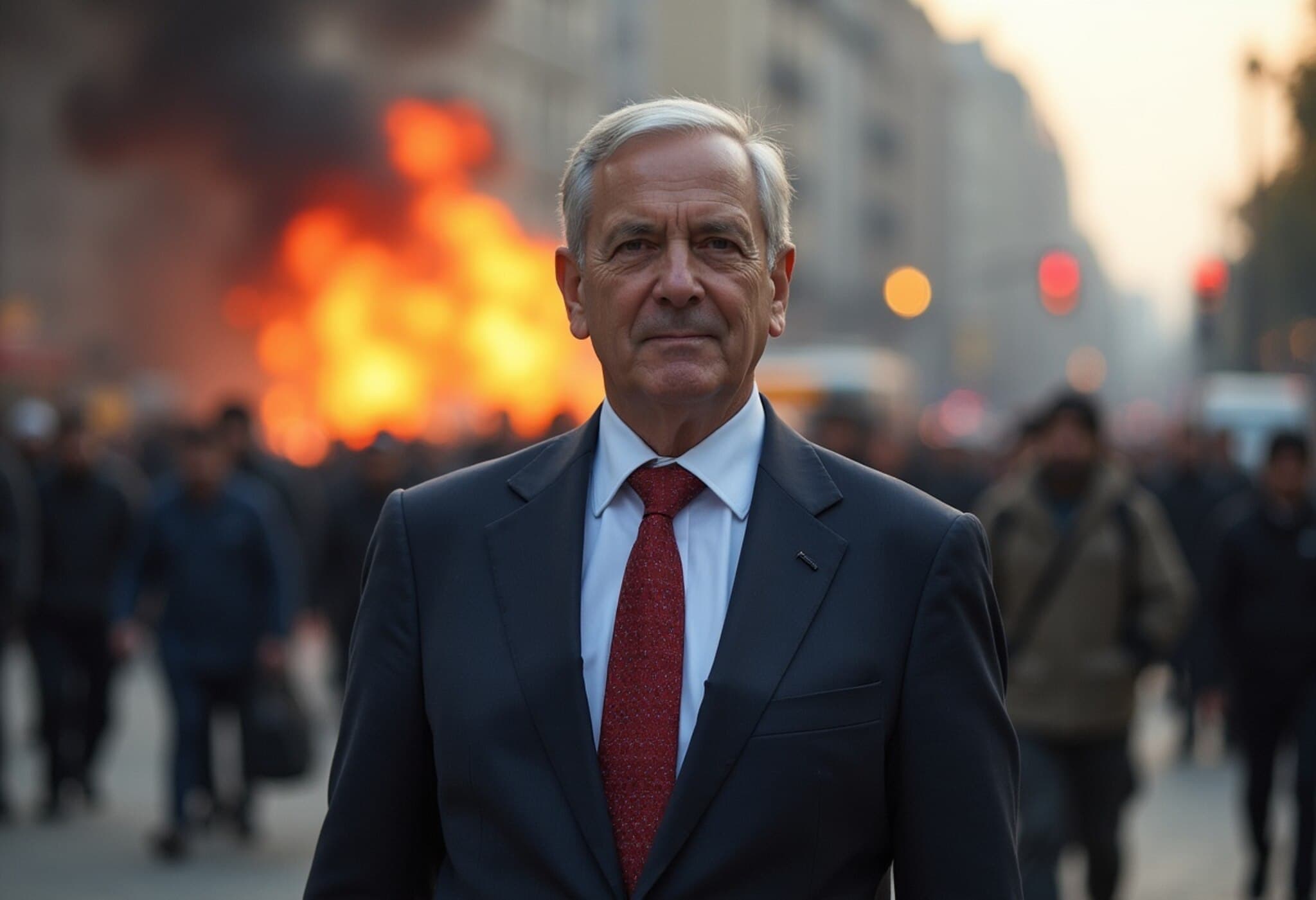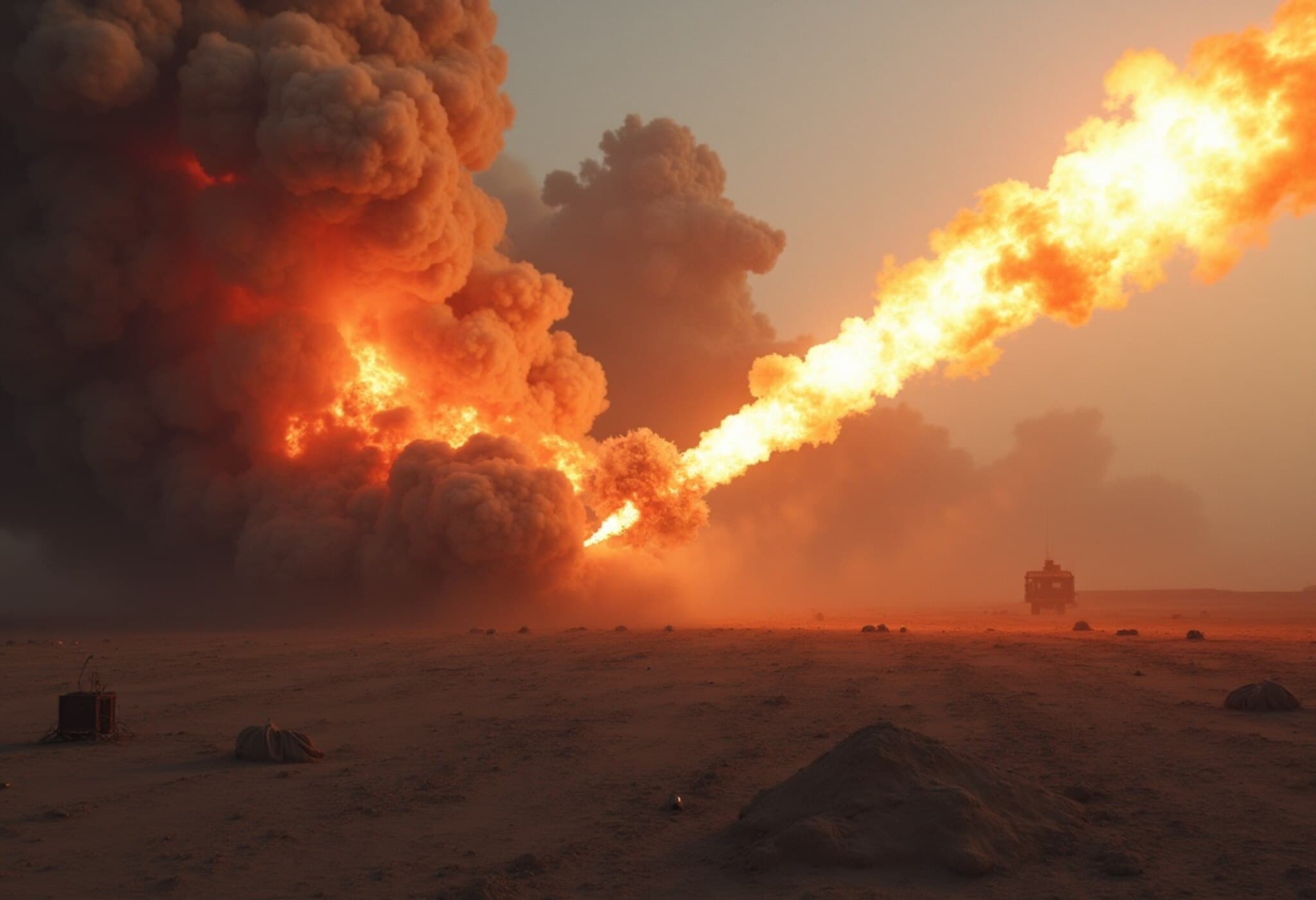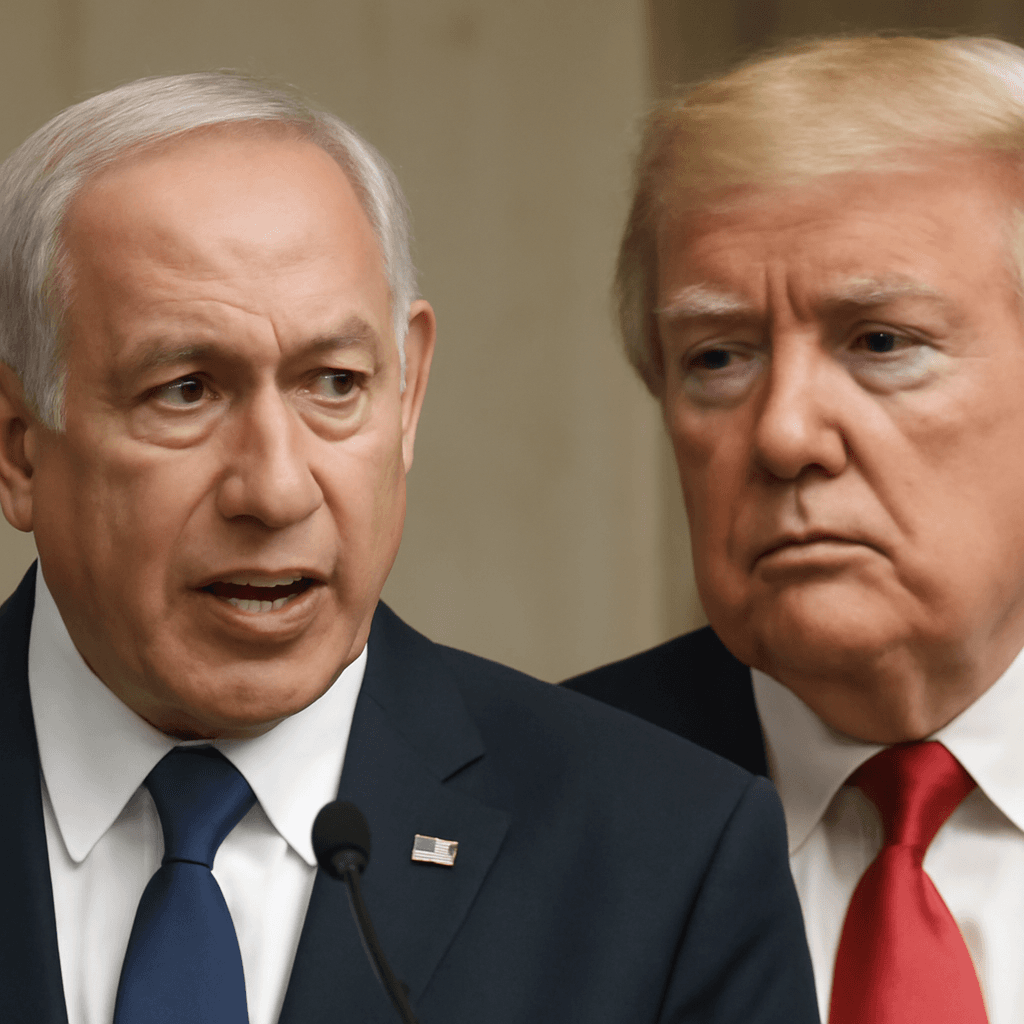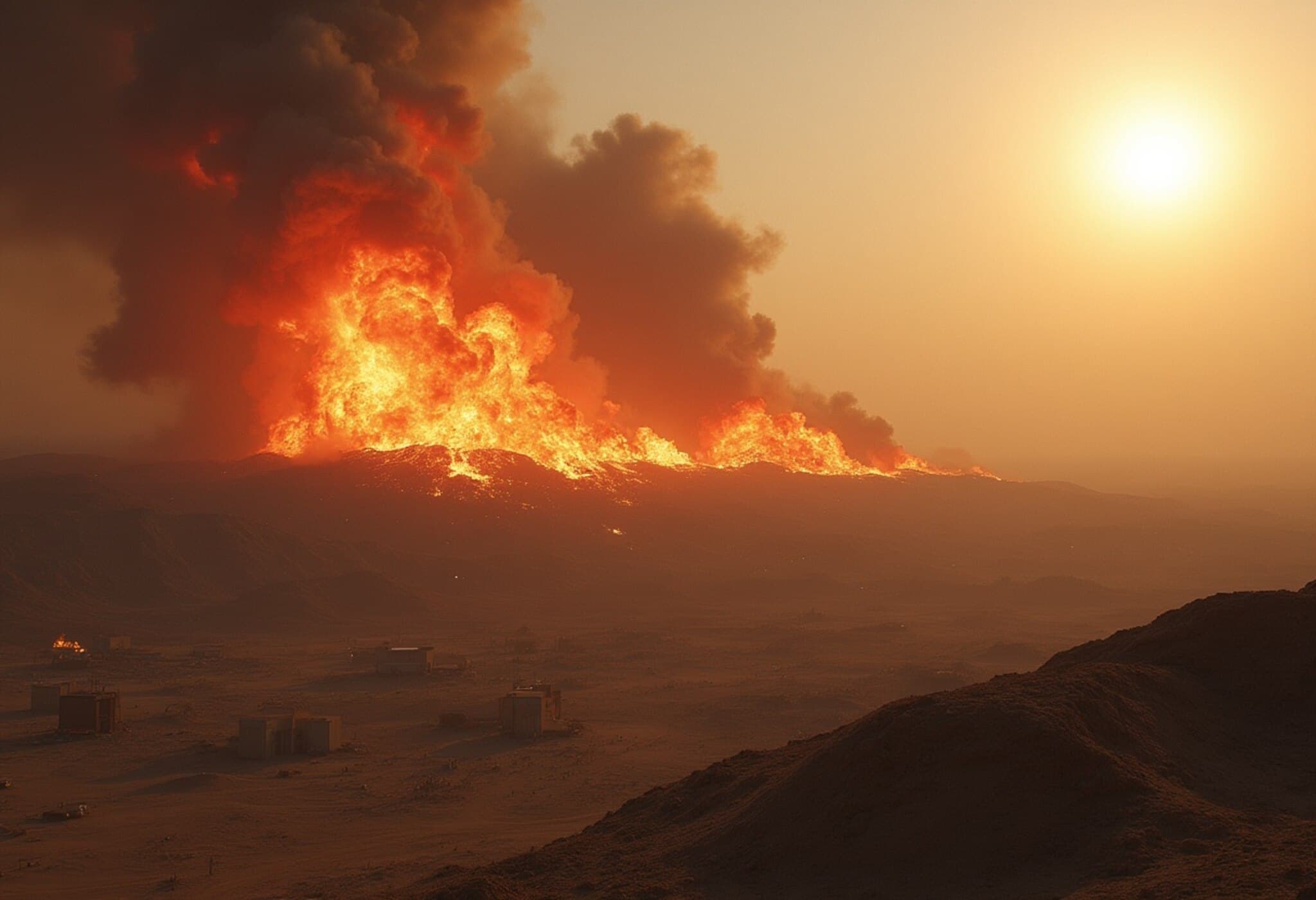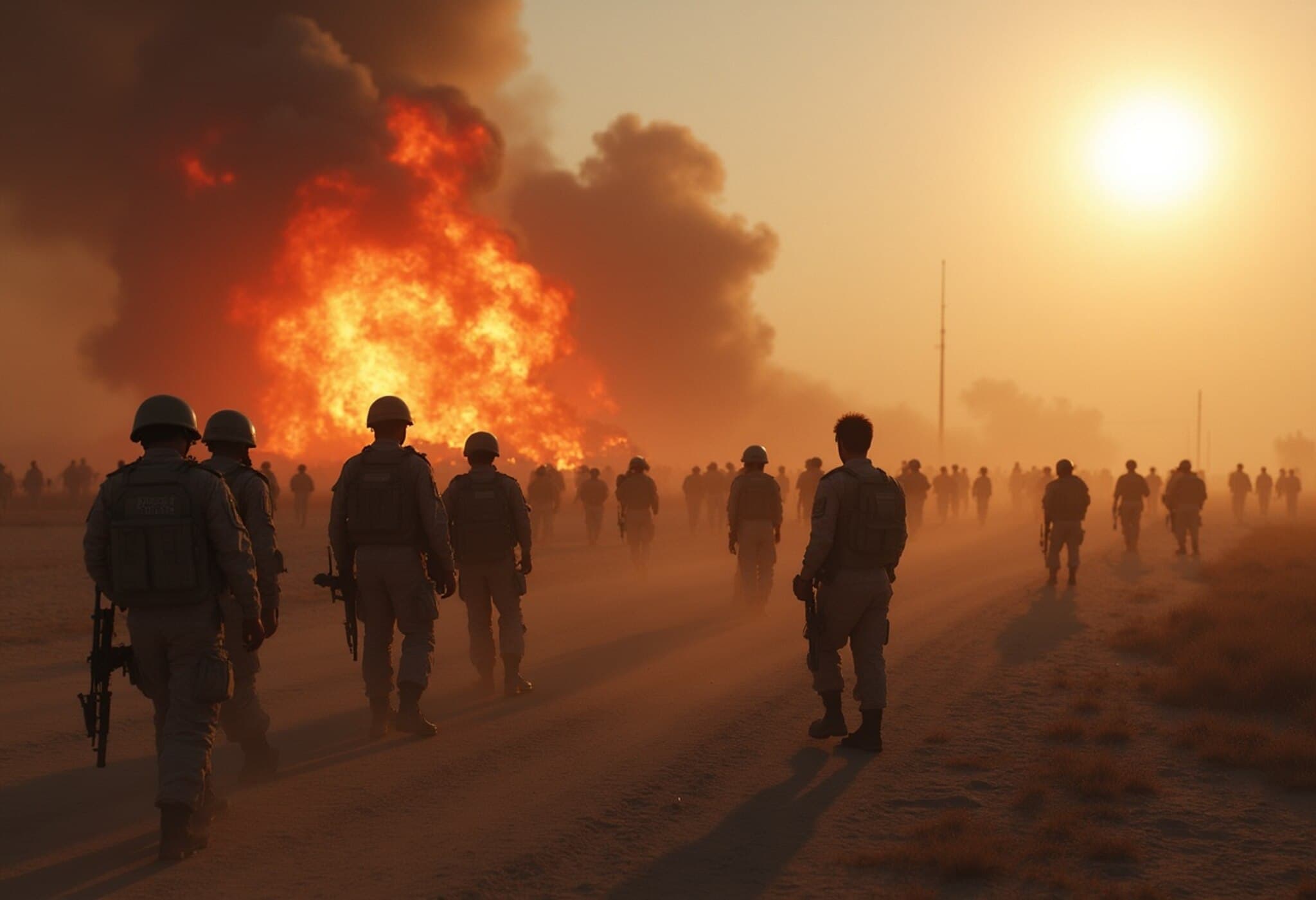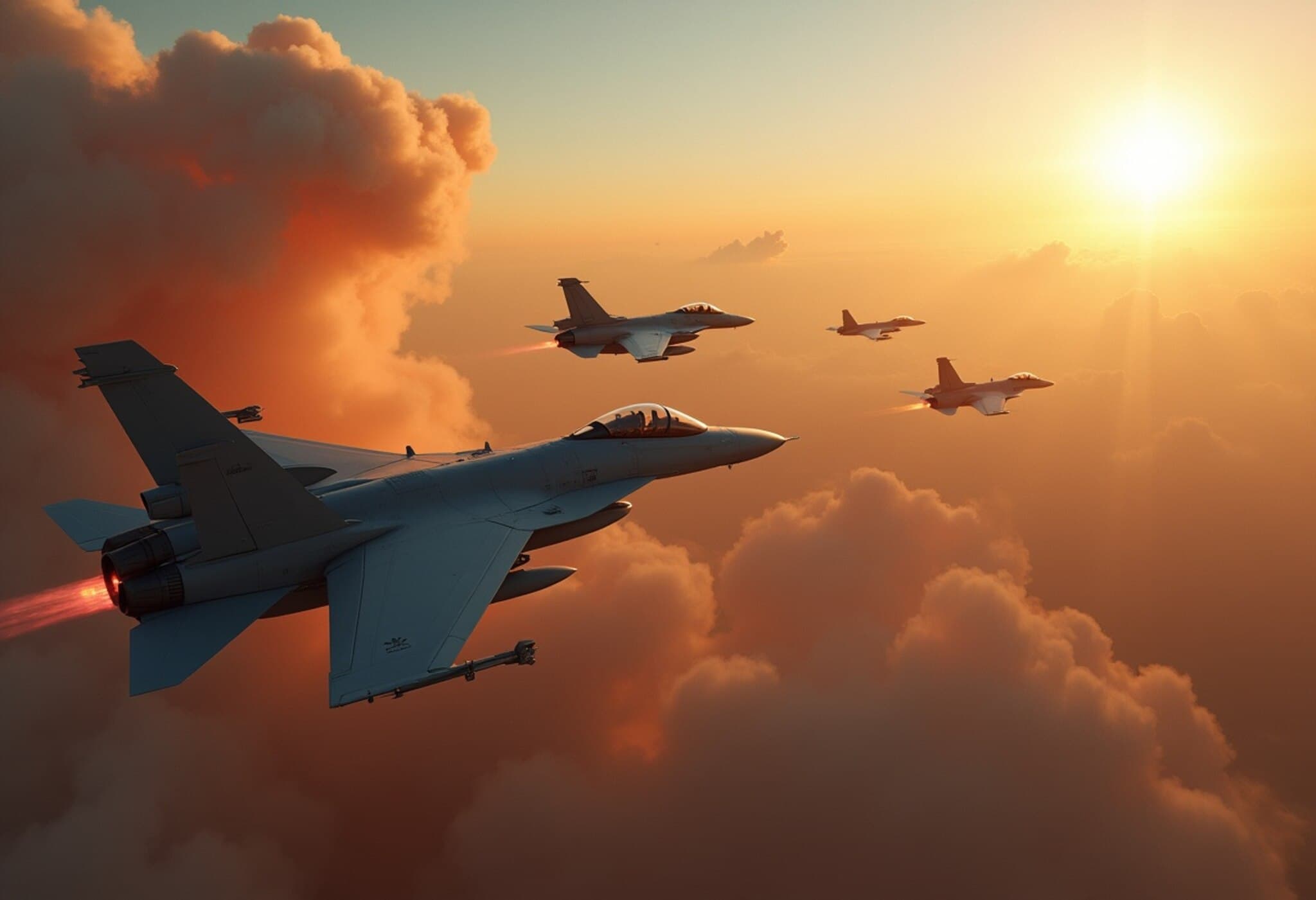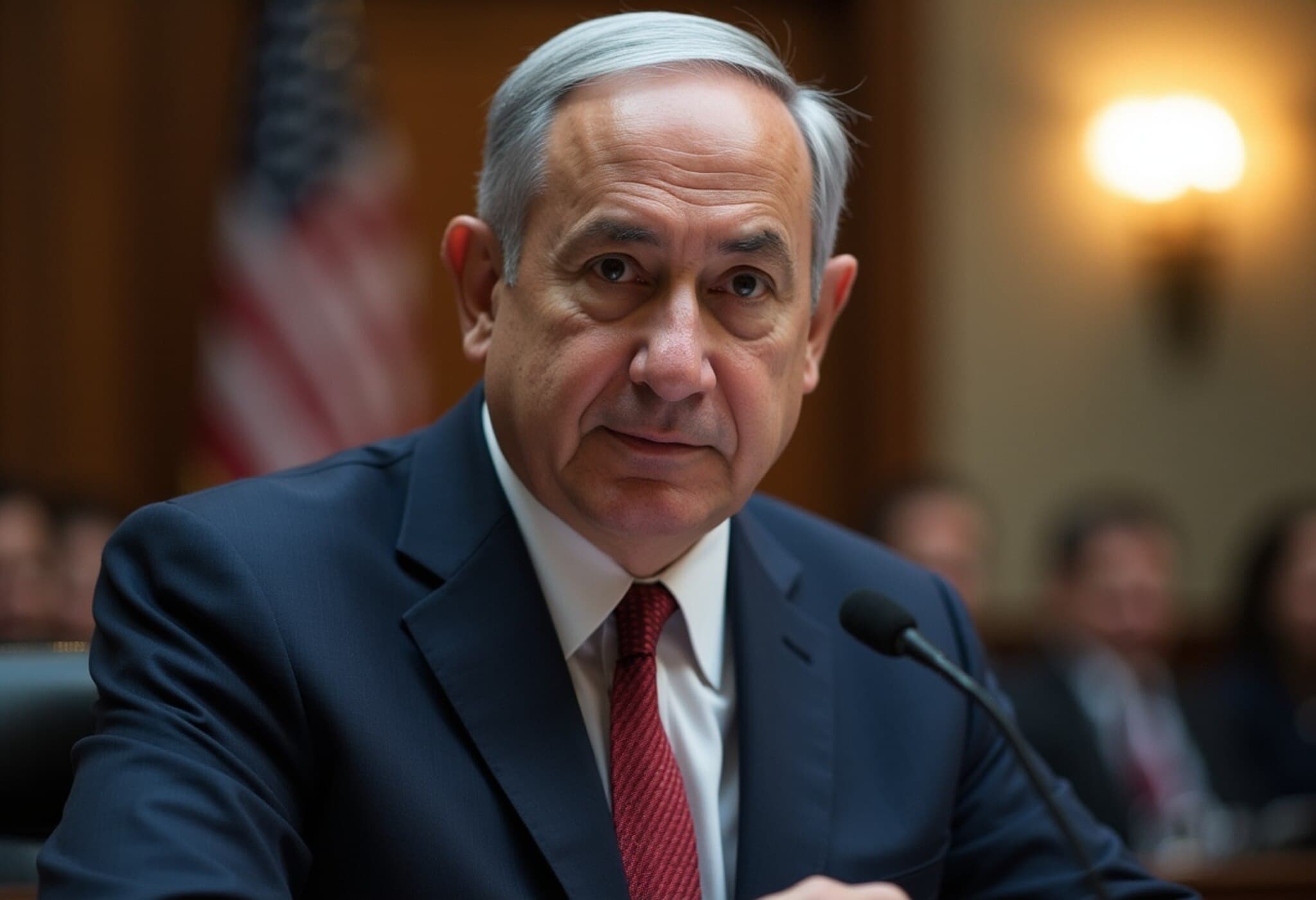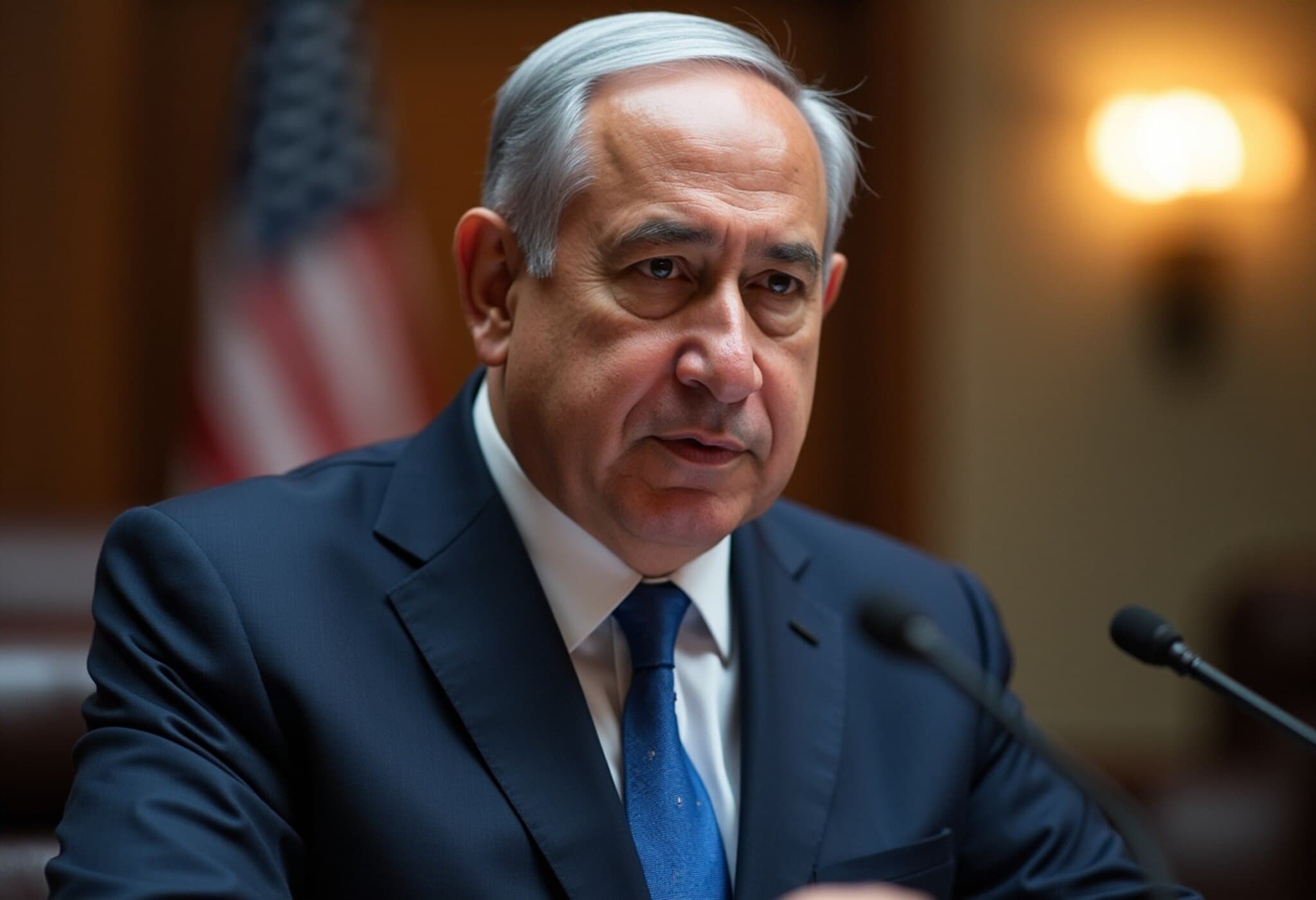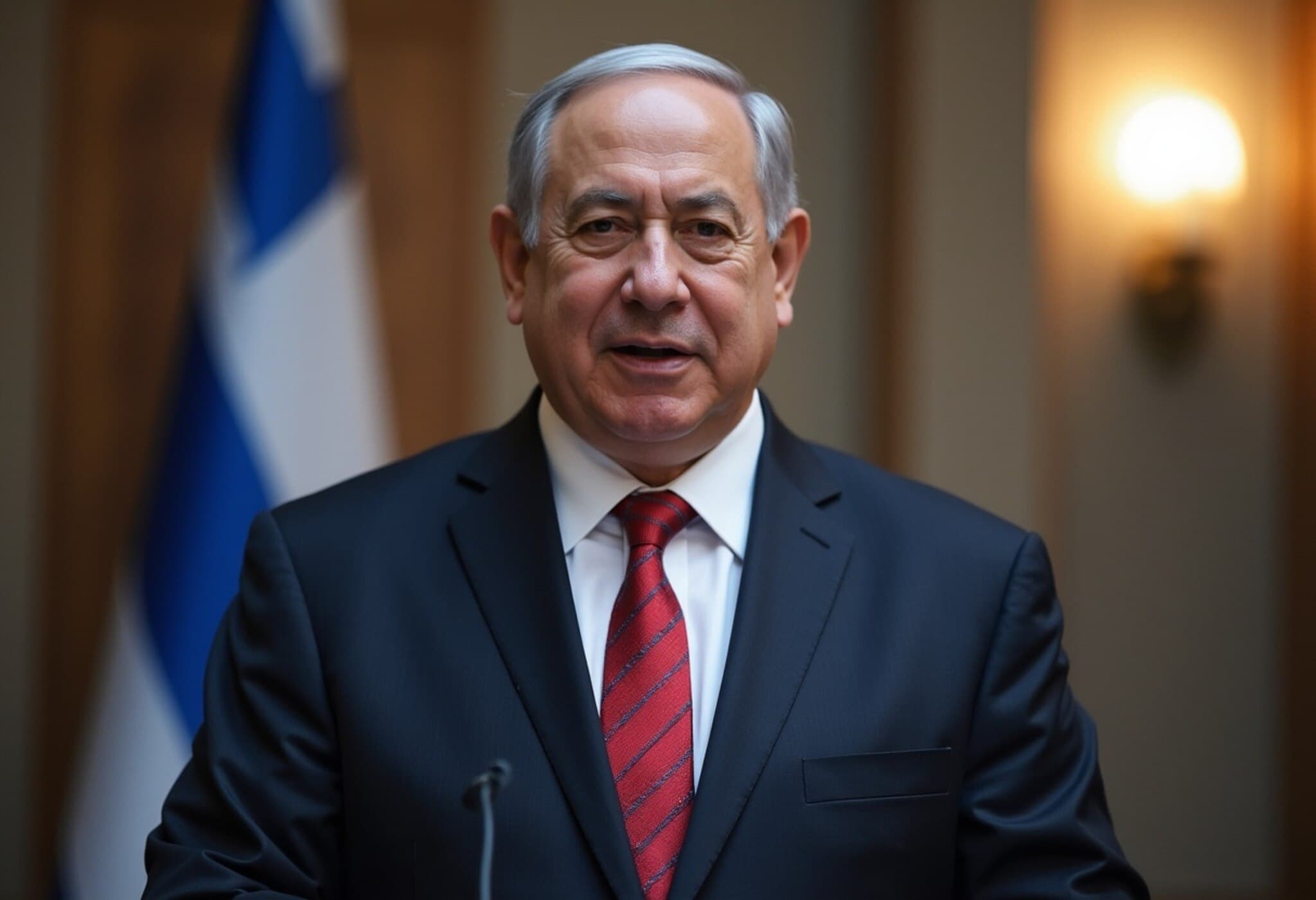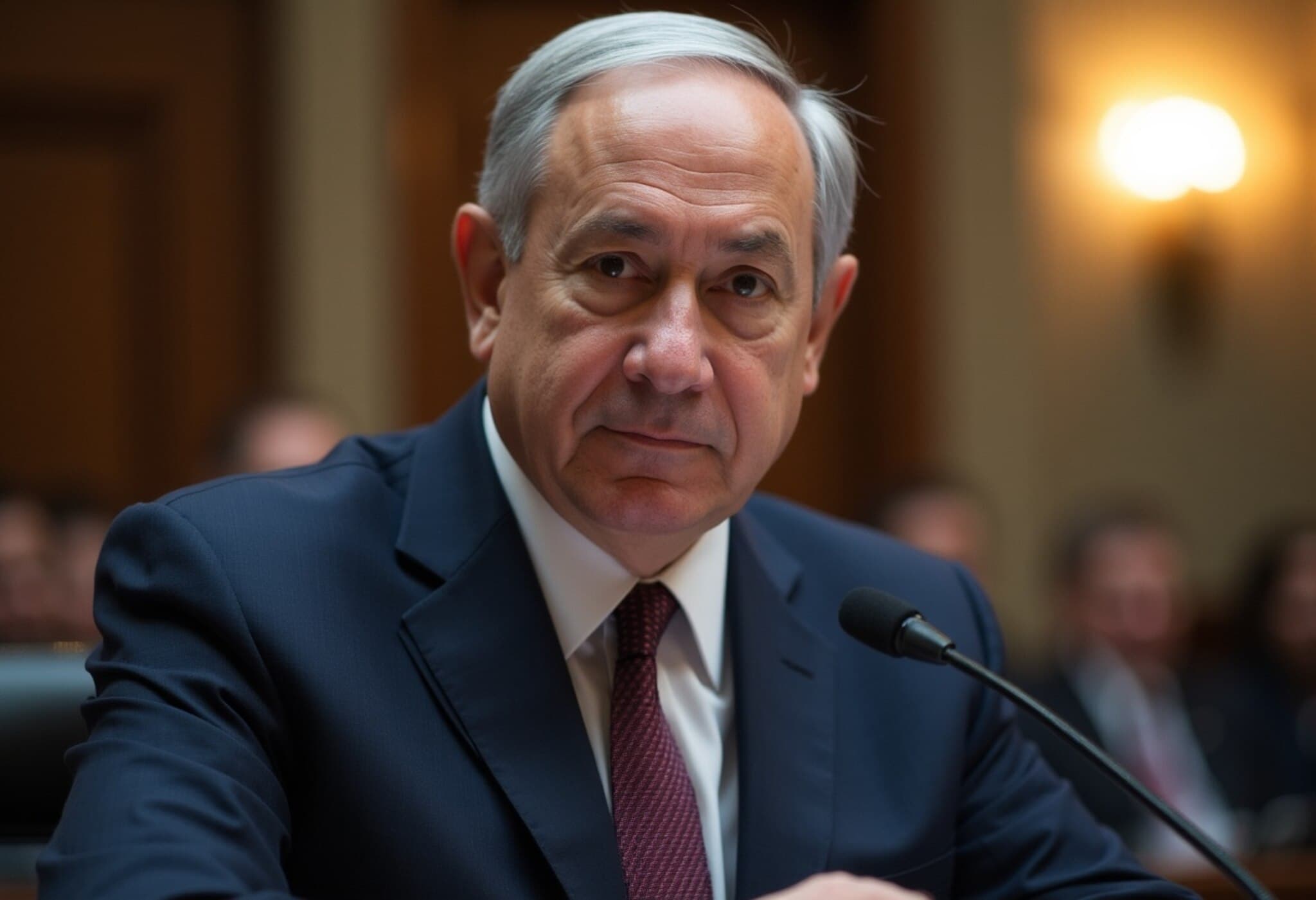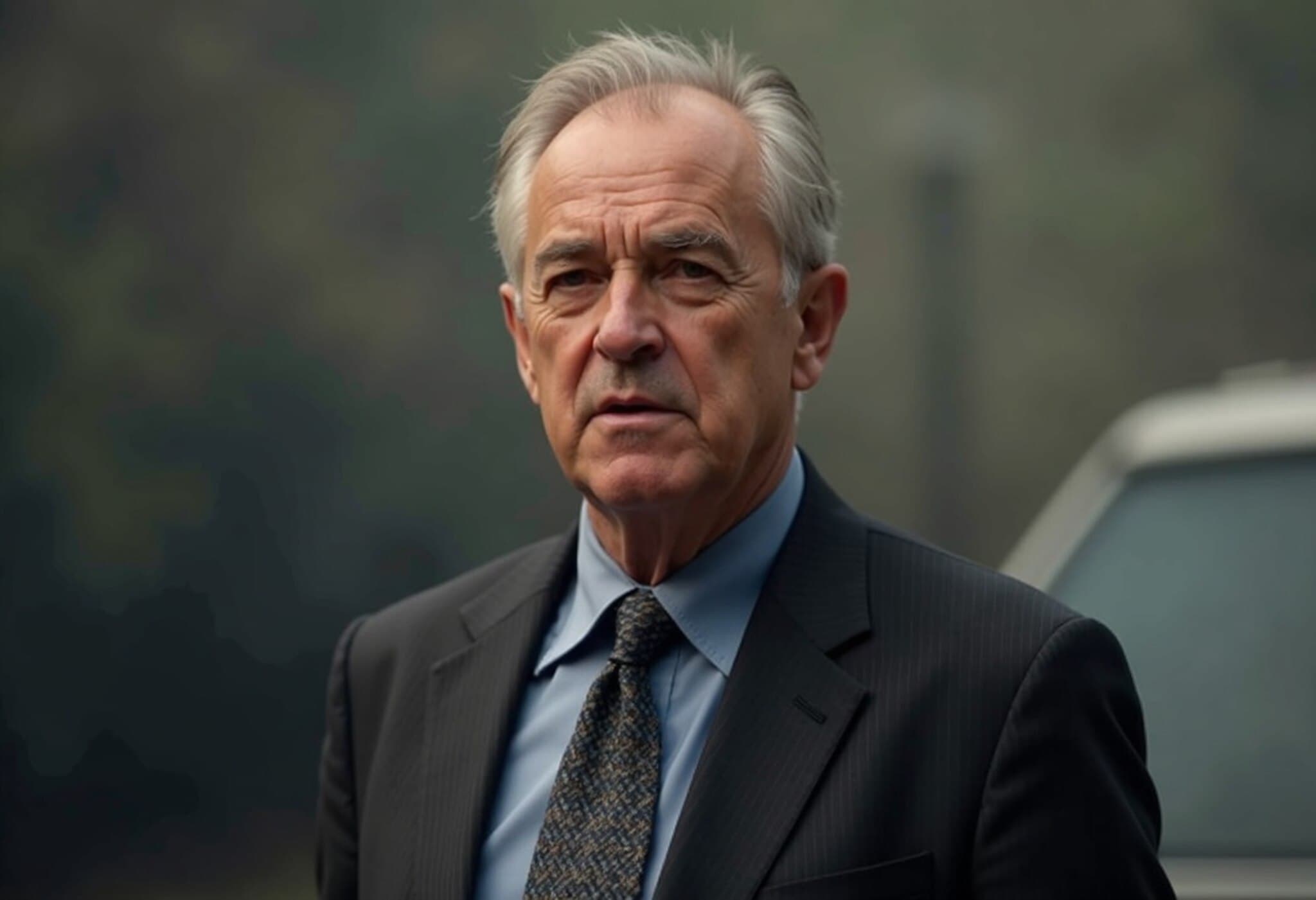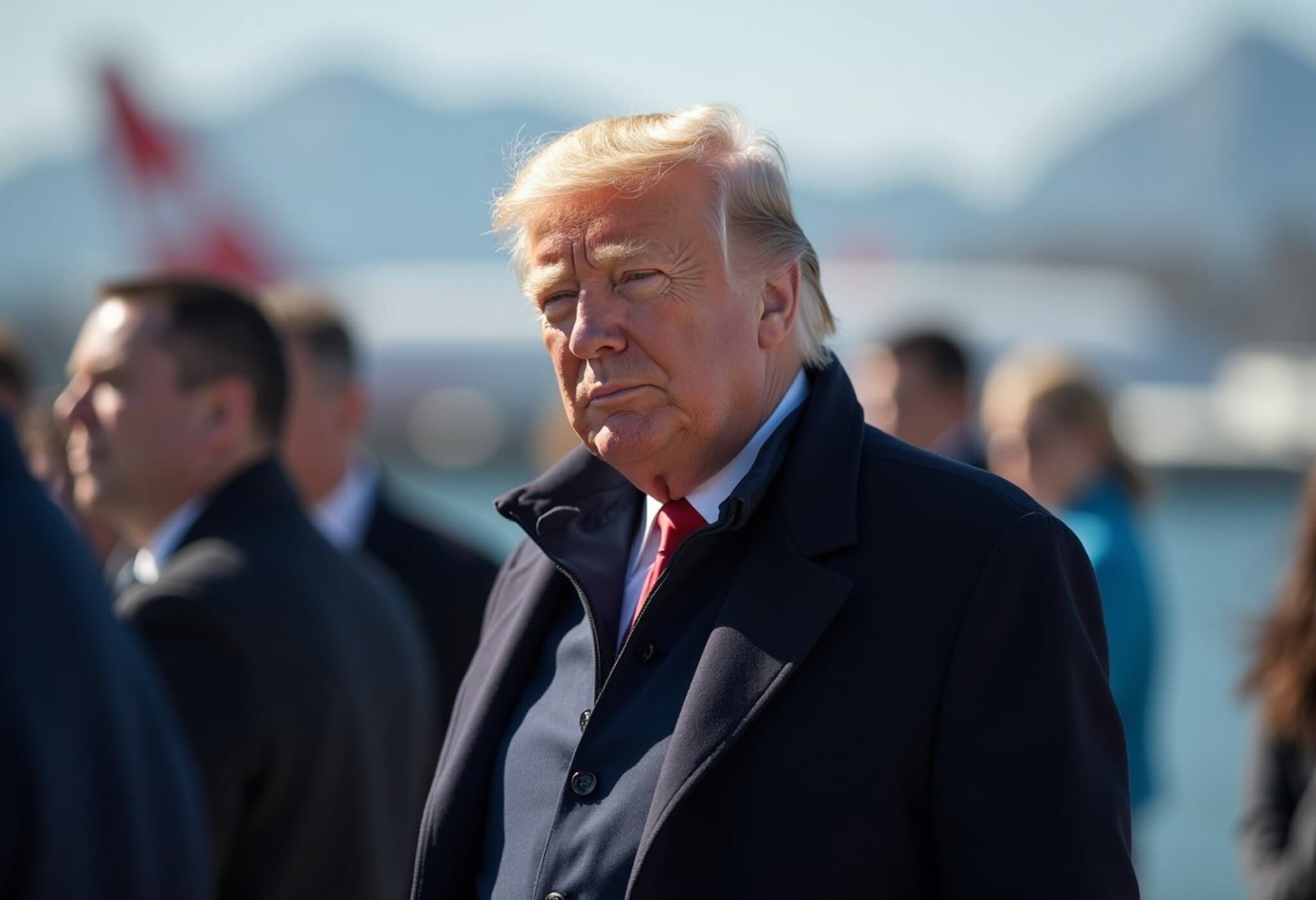Netanyahu’s High-Stakes Play Against Iran’s Nuclear Ambitions
Israeli Prime Minister Benjamin Netanyahu has launched a daring offensive targeting Iran’s nuclear facilities, moving forward a plan nurtured for over a decade. Yet, despite hitting numerous missile sites and dismantling air defenses, Israel has struggled to inflict decisive damage on deeply buried nuclear installations at Natanz and Fordow. The fate of this conflict now hinges on whether the United States chooses to deepen its involvement—a critical factor for Israel’s success.
Why US Support Is Pivotal
Israel’s air superiority has allowed it to strike numerous targets, but Natanz and Fordow's underground facilities remain frustratingly resilient, shielded beneath mountains and extensive earth. To truly neutralize Iran’s nuclear capabilities, Israel requires advanced munitions and potentially direct US military involvement to penetrate these hardened sites. Netanyahu’s strategy, dubbed ‘Operation Rising Lion,’ essentially hinges on pulling the US into the conflict—either through active participation or by supplying crucial ‘bunker-buster’ weapons.
Trump’s Calculated Distance
While US President Donald Trump remains strongly critical of Iran, his administration’s overarching goal of avoiding entanglement in foreign wars complicates any commitment to Israel’s campaign. The timing of Israel’s assault interrupted sensitive negotiations with Iran's regime, prompting Iran to accuse the US of covert involvement. Trump has denied such claims and insisted on a hands-off approach for now, leaving Israel’s hopes for American intervention precarious.
Disrupting Diplomatic Channels
Netanyahu has long opposed negotiations with Tehran, favoring military action over diplomacy. The offensive appears designed to undermine US-Iran talks entirely, forcing the US administration into a corner: either back Israel’s military objectives or risk allowing Iran to advance toward nuclear weapons. This hardline approach leaves little room for diplomatic solutions and raises the stakes dramatically.
Building Fragile Coalitions Amid Regional Tensions
Beyond offensive operations, Israel depends heavily on its allies for defense, notably the US, which provided vital air defense support during last year’s missile exchanges. However, garnering broad coalition support for this conflict is challenging. The long-standing outrage over recent violence in Gaza has sown deep divisions, particularly among Arab states whose publics harbor strong resentment towards Israeli actions.
The Limits of Regional Backing
- Jordan, Saudi Arabia, and the UAE face intense domestic pressure to avoid open alignment with Israel.
- Arab leaders must navigate between realpolitik interests and popular sentiment, often walking a fine line.
- Unlike previous conflicts where Western and Arab partners mobilized robustly, current support is muted, signaling a relative isolation precipitated by Netanyahu’s policies.
The Crushing Consequences if the Gamble Fails
Should the US decline to join Israel’s offensive, the primary goal of destroying Iran’s nuclear program may remain elusive. Iran’s leadership faces a stark choice: accelerate nuclear weapon development to regain strategic deterrence or seek a diplomatic deal that pressures Netanyahu to relent. In either scenario, Netanyahu’s gamble could backfire severely—either ushering in a nuclear-armed Iran or an uneasy political settlement unfavorable to Israel.
Diplomatic Overtures Hinting at Resolution
Reports indicate Iran has quietly reached out to US intermediaries via Qatar, Saudi Arabia, and Oman with a proposal, the details of which are undisclosed. Whether Trump will embrace these overtures or side decisively with Israel’s military campaign remains uncertain. The outcome will profoundly influence West Asia’s geopolitical landscape and the balance of power for years to come.

